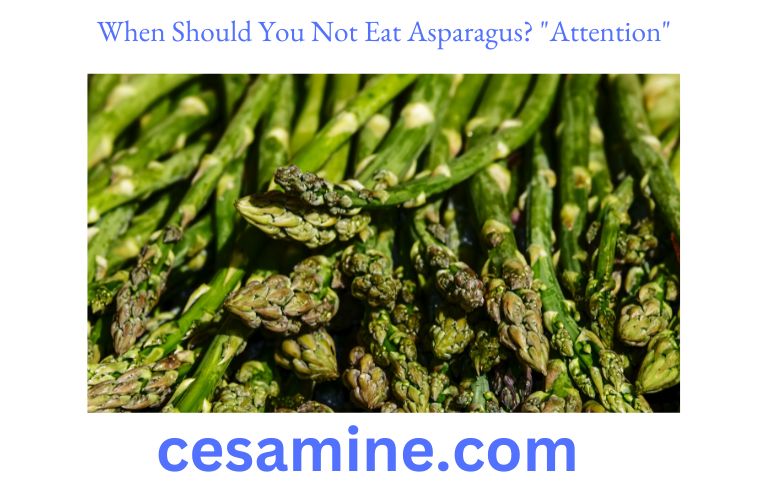It seems that the cultivation of asparagus began in the valley of Eden, expanded over 2000 years ago to ancient Egypt and Asia Minor, and then extended to the rest of the Mediterranean.
Asparagus was correctly described and discussed by the Romans in their manuals as early as 200 BC. Theophrastus, Cato, Pliny, and Apicius all made reference to asparagus.
Both the cultivation and preparation methods were precisely covered in the latter. Asparagus appeared often on the tables of the Roman emperors; it seems that they built specialised ships to go and harvest them, ships dubbed specifically “asparagus.

” The Latin word for sprout, asparagus, is where the word “asparagus” originates. Today, Italian families often eat asparagus as a vegetable.
Asparagus is high in water content and low in calories, with just 25 Kcal per 100 grammes. They are loaded with vitamins, minerals, and plant fibres.
They have several advantageous qualities, including the ability to stave against type 2 diabetes. Asparagus has the ability to promote the production of insulin and lower blood glucose levels, which makes them quite suitable for protection against type 2 diabetes.
This is due to a number of active ingredients and the high rate of mineral salts, particularly chromium, which allows to improve the ability of insulin to transport glucose from the bloodstream to the cells of our body.
In fact, asparagus are particularly beneficial vegetables for our digestive system because of the content of inulin, a soluble fibre known for its ability to regulate intestinal transit, strengthen the bacterial flora, and remove toxins from the intestine.
These vegetables support digestion and improve intestinal functions.
Asparagus has the ability to fight against the effects of ageing and slow down the progression of biological ageing. It is also rich in antioxidants.
However, asparagus is not advised if you have nephritis, renal failure, prostatitis, cystitis, or kidney stones. Additionally, they are not advised for those who have gout and hyperuricemia.
They may also cause allergies since they belong to the same family as leeks, onions, and garlic, which is the Liliaceae.
- Chestnuts: The Nutritional Powerhouse of Autumn and Winter: A Cultural and Dietary Perspective
- Corticobasal Degeneration: Warning Signs Of The Degenerative Disease
- Diabetes Diet: Expert Suggests Healthy Snacks Alternatives To Manage Blood Sugar Level
- Diabetes Symptoms: 6 Body Parts That Can Signal High Blood Sugar
- Diabetes Warning Signs On Your Skin Could Point To High Blood Sugar
- Diet To Control Diabetes: What You Should Eat When You Have High Blood Sugar